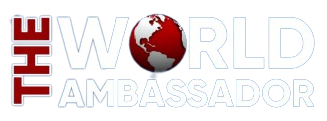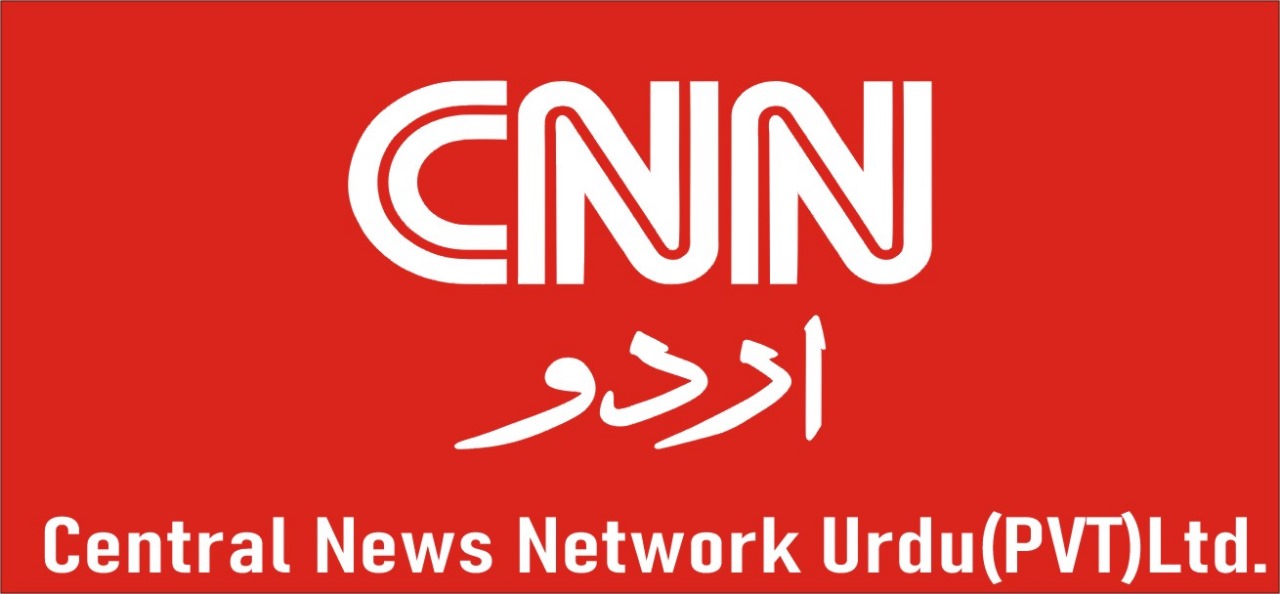
_________
South Korea is taking a distinct approach in response to the United States’ recent wave of tariffs, choosing negotiation over retaliation. Acting President Han Duck-soo has confirmed that his country will not align with China or other nations in opposing the U.S. measures, instead prioritizing dialogue and cooperation.
According to CNN ,The newly imposed 25% tariffs by the U.S. threaten to impact South Korea’s export-driven economy, known for major global brands like Samsung, LG, and Hyundai. These levies could raise costs for American consumers while disrupting South Korean industries heavily dependent on exports.
Han emphasized that South Korea values its long-standing alliance with the United States and would prefer to resolve disputes through direct engagement. “We clearly would like to negotiate,” he stated, affirming that forming a coalition with countries like China or Japan to counter the tariffs is not under consideration. “We don’t think fighting back would improve the situation meaningfully.”
This stance comes as China intensifies its criticism of U.S. trade policy, describing the tariff strategy as deeply flawed and pledging to resist it. In contrast, South Korea is focusing on finding common ground and practical solutions.
Han, who recently assumed office after a period of political upheaval, is no stranger to economic diplomacy. He has held senior positions in trade and industry and played a key role in negotiating the U.S.-Korea Free Trade Agreement during his previous tenure as ambassador to the United States.
The timing of the tariffs presents an immediate challenge for his interim administration. Just days into his role, the United States unveiled the new tariffs, building on earlier 25% duties on steel and aluminum—sectors where South Korea is a major exporter to the U.S. An additional 25% tariff on cars and auto parts looms, further complicating the situation for one of South Korea’s strongest industries.
With national elections approaching in June, and amid ongoing political uncertainty, the tariffs add a layer of economic pressure. Han, however, remains optimistic that a resolution is possible before severe consequences hit the manufacturing sector.
He acknowledged that while the situation is difficult, it’s not insurmountable. “Not everything will be solved in a day or two,” he noted, but emphasized the importance of measured, rational engagement. Han said he had already dispatched his trade minister to Washington for negotiations.
With a PhD in economics from Harvard University, Han brings decades of experience to the table. His doctoral research focused on how South Korea could withstand global economic shocks—a topic directly relevant today. He frequently references historical lessons, including the global trade wars of the 1930s, which were triggered by similar protectionist policies and led to a worldwide recession.
“In economic theory, acting alone does not necessarily lead to better outcomes,” Han said. “We need to communicate, cooperate, and strive for a win-win solution.”
The global ripple effects of the U.S. tariffs have drawn concern across Asia. Singapore’s Prime Minister Lawrence Wong recently called the policy shift a “seismic change in the global order,” warning of a more protectionist and unpredictable era.
Han offered a more hopeful view, asserting that globalization is resilient. “Globalization is not dead—it can never be dead,” he said.
South Korea remains a key U.S. trading partner, with bilateral trade reaching $197 billion in 2024. Exports from South Korea to the U.S. hit a record $128 billion last year, dominated by automobiles and industrial machinery. However, the U.S. trade deficit with South Korea also grew to $66 billion during that period.
Despite his experience, Han faces a significant test as President Trump continues to push a hardline trade agenda. “We can make a really fair deal … a good deal for the United States, not a good deal for others,” Trump said, reinforcing the “America First” policy. His trade adviser Peter Navarro described the situation as a national emergency driven by unfair trade deficits.
Other countries, like China, have taken a combative stance, accusing the U.S. of economic bullying. Some experts warn that Trump’s aggressive approach could isolate the U.S. and push other nations toward China, which has been offering more favorable trade terms in the region.
Former NATO Supreme Allied Commander James Stavridis warned that such tariffs may drive America’s allies into China’s economic sphere. He cited recent talks among South Korea, Japan, and China about coordinating their response to the tariffs, an alignment he said the U.S. should avoid encouraging.
The meeting among the three nations’ trade ministers was held shortly before the tariff announcement and raised eyebrows given historical tensions between the countries. However, Han clarified that the gathering was part of a routine schedule and not a coordinated move against the United States.
“There’s no coalition or plan to retaliate,” he said. “That kind of response could harm global trade.”
In an era of shifting alliances and rising economic nationalism, South Korea’s strategy stands out: calm, pragmatic, and focused on long-term partnerships over short-term conflict.


